TRANSFORM YOUR TEAM'S SEASON WITH PROFESSIONALLY PLANNED SESSIONS
Use our expert plans or build your own using our library of over 700+ drills, and easy-to-use tools.
JOIN NOWWith pre season looming can you give any advice as to the best training method for ladies hockey team





Hi David,
This is more of a progressive system, implemented in people`s personal cardio training time. The idea is that you get people in the right mind set to work on cardio outside of training time (thus the reason you don`t ask for longer distances).
For clarity, once a player has managed to run 2 miles in 18 minutes once, they have completed Step 1. The next goal is to run 2 miles in 18 minutes twice in a row, therefore to complete Step 1 and Step 2 takes at least 3 runs. A player would then move onto Step 3, looking to run 2 miles in 16 minutes, and so on and so forth.
If you actually have a full week with your team, I would avoid `pure` cardio as much as possible, focusing on high intensity hockey drills to improve fitness. You could possible run a shuttle run on the first and last day to show your teams progression if you wished, but if you`ve got that much pitch time I would definitely recommend putting as much emphasis on the hockey as possible.
Hope this is more clear,
Josh
Hi David,
I think the first thing you need to look at is the time frame you have available i.e. how committed and/or driven are your team? The more they want to succeed, the earlier you can start your preseason work.
Once you have a time frame in mind, you can build a schedule. The strategy I used is to build a target sheet up, which players progress through as quick as they can.
So, you ask for a minimum amount of cardio sessions a week (start slow, and as the season approaches increase), and a player doesn`t move from their current step until they have achieved the goal. For example;
Step1: Run 2 miles in 18 minutes (~ 9 minute miles)
Step 2: Run 2 miles in 18 minutes, twice in a row (~ 9 minute miles)
Step 3: Run 2 miles in 16 minute (~ 8 minute miles)
Step 4: Run 2 miles in 16 minutes, twice in a row (~ 8 minute miles)
Step 5: Run 3 miles in 27 minutes (~ 9 minute miles)
Step 6: Run 3 miles in 24 minutes, 3 times in a row (~ 8 minute miles)
etc..
This way you let people work at a pace they are comfortable with, and if the team embrace the strategy, they are likely to push each other on to work harder and move through the program quicker.
I believe the strength here is to give people the mental strength to work harder mid run, as they have a target in mind at a given work rate.
Let me know what you think,
Josh
Thanks Josh for replying,
Am I correct to assume the training session will be:-
1st night run is 2 mile in 18 mins = 8 min/mile
2nd night run is 4 mile in 36 mins = 9 min/mile
possibly concluding with
6th night run is 9 mile in 72 mins = 8 min/mile?
Hi David,
This is more of a progressive system, implemented in people`s personal cardio training time. The idea is that you get people in the right mind set to work on cardio outside of training time (thus the reason you don`t ask for longer distances).
For clarity, once a player has managed to run 2 miles in 18 minutes once, they have completed Step 1. The next goal is to run 2 miles in 18 minutes twice in a row, therefore to complete Step 1 and Step 2 takes at least 3 runs. A player would then move onto Step 3, looking to run 2 miles in 16 minutes, and so on and so forth.
If you actually have a full week with your team, I would avoid `pure` cardio as much as possible, focusing on high intensity hockey drills to improve fitness. You could possible run a shuttle run on the first and last day to show your teams progression if you wished, but if you`ve got that much pitch time I would definitely recommend putting as much emphasis on the hockey as possible.
Hope this is more clear,
Josh
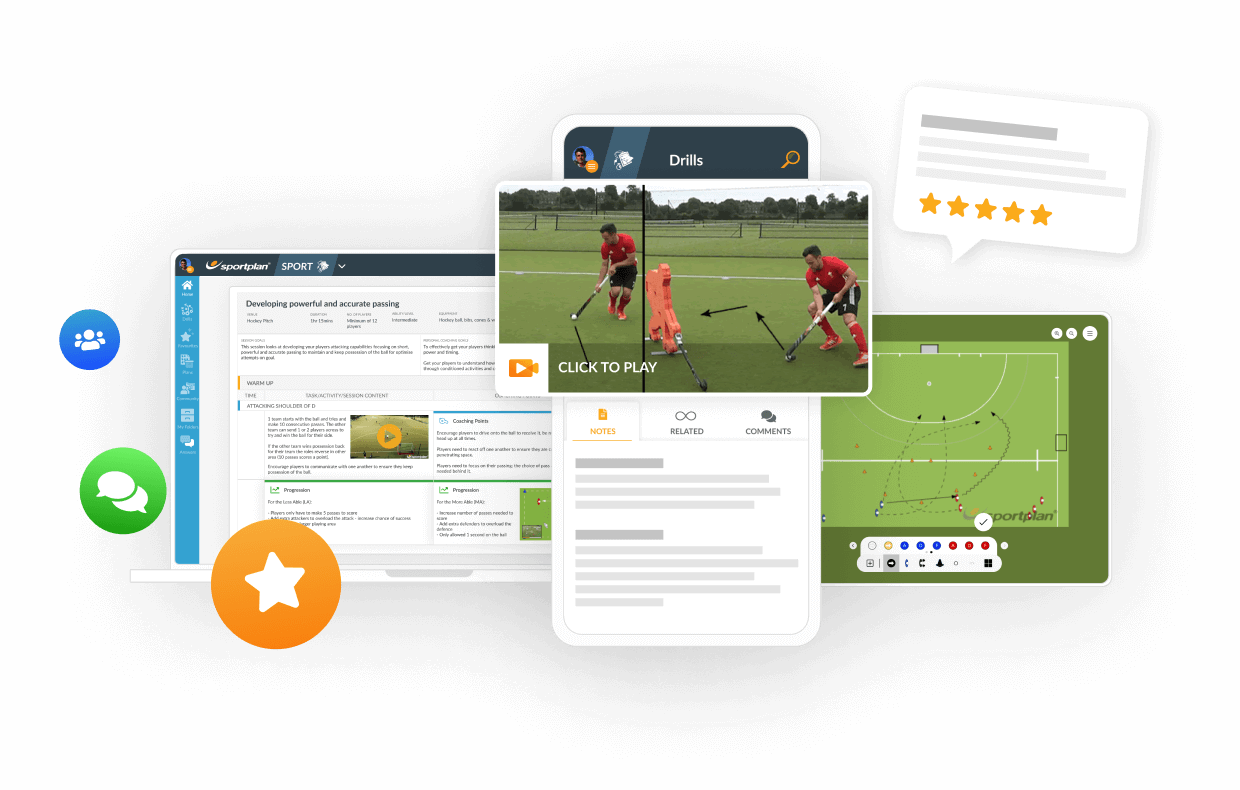
in more ways than one
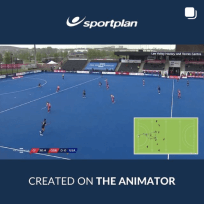

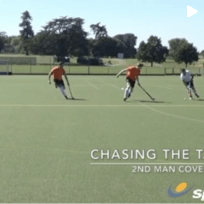

How did the Modern Olympics originally begin and why are they so culturally significant today?
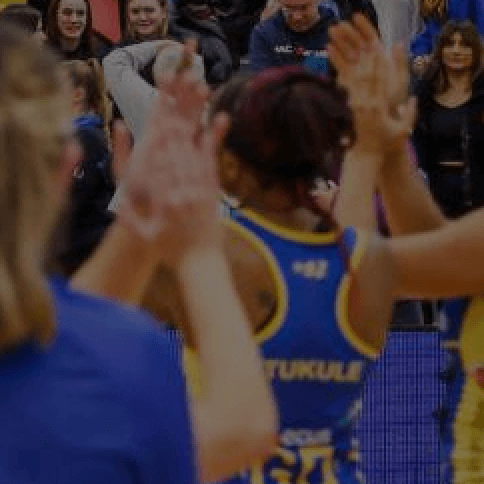
The Professionalisation of Netball is changing the game. Here is how it is helping to develop the sport.
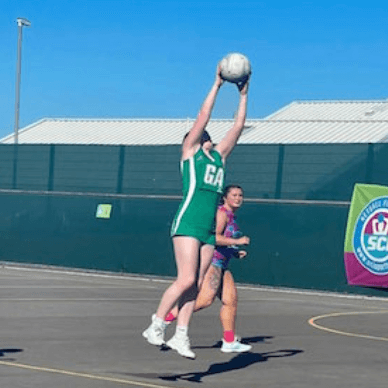
Scoring more goals is often the key to victory in netball. Here's how Sportplan can help you achieve this.
Use our expert plans or build your own using our library of over 700+ drills, and easy-to-use tools.
JOIN NOW